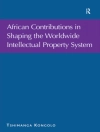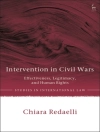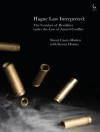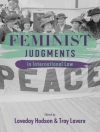Set at the intersection of Human Rights, social justice and Literature, this cutting edge book examines a range of literary texts, fiction, plays and poetry, and through them considers representations of Human Rights and their violations. Examining violated bodies and subjects, the settings and environments in which these are embedded and the witnessing of atrocities, it considers how the ‘subject’ (or ‘person’ of Human Rights) emerges within fiction or poetry. Structured so as to move outward from the individual body to the world, the study progresses from the preconditions or settings for Human Rights violations through to atrocity, from witnessing to the making of a specific kind of public around traumatic recall. It addresses representations of destroyed corporeality and subjectivity, the violations and dissolution of the subject and the construction of trauma-memory citizenship to the making of communities of mourning. Through a broad study of texts from different genres, this text reveals how Literature both documents the basic human aspirations of happiness, security and hope, but also the limitations and the violations of these aspirations.
Table of Content
Introduction: The Literature of Human Rights.-
Unmade Worlds: Emplacement.-
Unmade Subjects: Embodiment.-
Witnessing.-
Collectives.-
Conclusion: From Generalizability to Ethical Literacy.
About the author
Pramod K Nayar teaches at the Department of English, University of Hyderabad, India. His most recent books include The Indian Graphic Novel (2016), The Transnational in English Literature: Shakespeare to the Modern (2015), The Postcolonial Studies Dictionary (2015), Citizenship and Identity in the Age of Surveillance ( 2015) and the edited Postcolonial Studies Anthology (2015) and Writing Wrongs: The Cultural Construction of Human Rights in India (2012).












